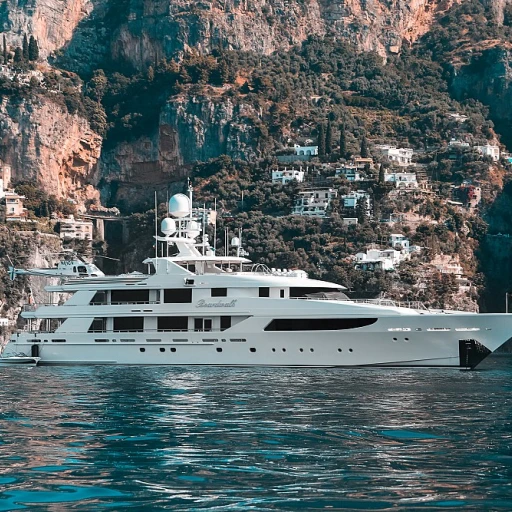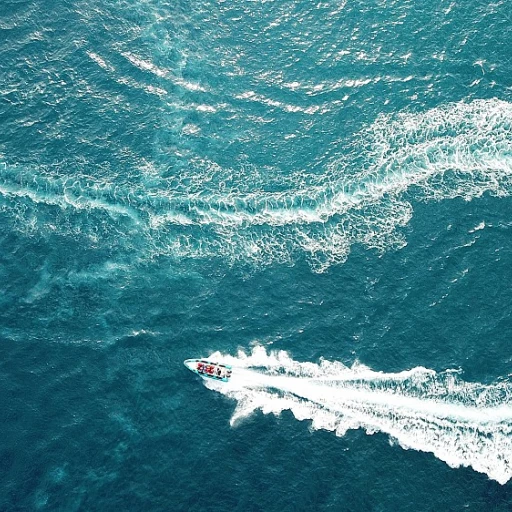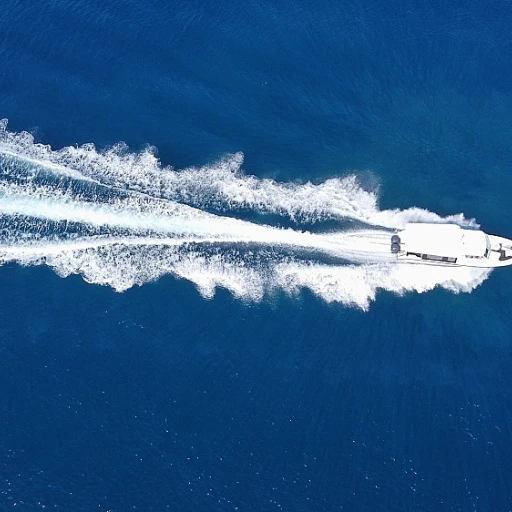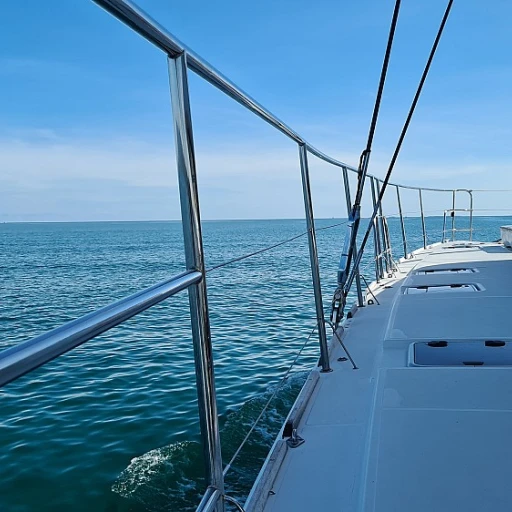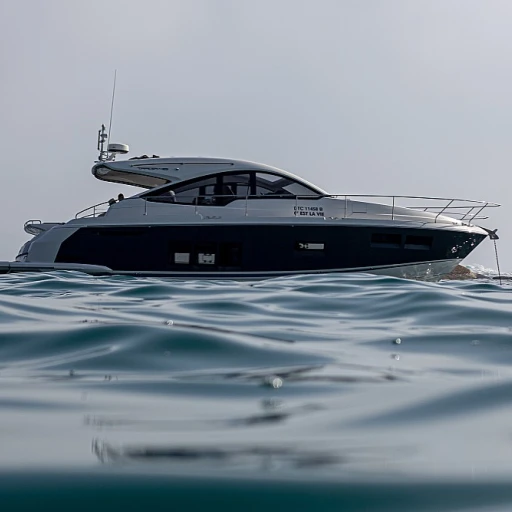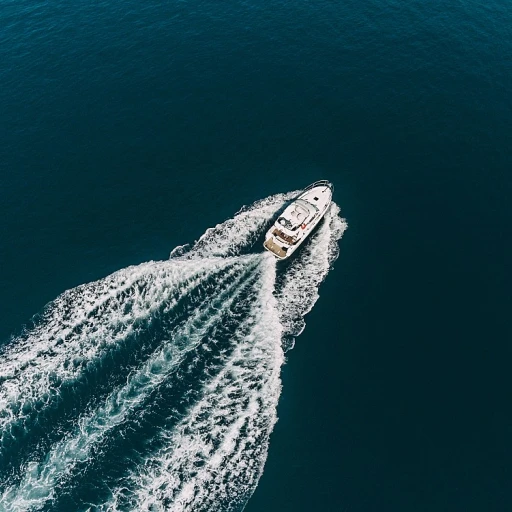Understanding the Importance of Boat Fenders
Why You Can't Overlook the Role of Boat Fenders
Maintaining the sleek and pristine condition of your yacht involves more than just regular cleaning and upgrades; it's about safeguarding your investment from potential damage. Boat fenders, which are essential pieces of kit, act as critical buffers between your vessel and the dock, or any other direct impact points. Just as a fender on a car absorbs impacts and prevents damage, the same principle applies to boat fenders.
Fenders are true protectors that ensure both your yacht and the docks remain unscathed during docking maneuvers. The width and positioning of these essential tools can mitigate costly hull repairs and preserve the aesthetics of your boat. They serve as protective barriers, sparing your yacht from scratches and dents resulting from contact with hard surfaces.
Understanding this crucial role is the first step in choosing the right boat fender that will cater to your specific needs. This involves examining various selling plans available, including options from the finest brands and models discussed later. By prioritizing fenders, you're not just adhering to a practical maintenance routine; you're also investing in your yacht's longevity. For those passionate about their vessel's health, our essential safety equipment checklist is a must-see, to ensure all aspects of safety and protection are covered.
Different Types of Boat Fenders
Varieties of Boat Fenders: Finding Your Perfect Fit
- Cylindrical Fenders: These are the most commonly used type. They're versatile and easy to maneuver and can be placed vertically or horizontally alongside your yacht. Cylindrical fenders are particularly effective for protecting against docks and other boats.
- Spherical Fenders: Characterized by their round shape, spherical fenders offer a wide diameter that provides superior protection. They are ideal for larger vessels and those dealing with rough sea conditions. However, they demand more space for storage.
- Flat Fenders: These are especially suitable for narrow docks or tight spaces, where traditional round fenders might not fit. Flat fenders can be easily stacked when not in use, making them a convenient option for yachts with limited storage space.
- Inflatable Fenders: Offering a compact and flexible solution, inflatable fenders can be deflated and stored easily when not in use. They're lightweight, yet manufactured to provide robust protection. This option is often favored by those who value ease of storage and flexibility in varying circumstances.
- Foam Fenders: Known for their durability and resistance to punctures, foam fenders provide consistent protection without the risk of deflation. These fenders keep their shape and are a reliable choice for repeated use.
Choosing the right design involves understanding your specific needs—whether optimizing for storage, protection, or simplicity in handling. For an in-depth look at essential safety equipment to ensure your yacht remains a secure haven on the water, visit our life-saving checklist.
Materials and Durability
The Essence of Materials and Their Durability
When choosing the best boat fenders for your yacht, it is crucial to understand that the materials used in their construction significantly affect their durability and performance. The materials can make a real difference in the level of protection your yacht receives at the dock. Here, we'll delve into some common materials used in boat fenders:- PVC (Polyvinyl Chloride): Often the preferred choice for its affordability and flexibility. PVC boat fenders offer excellent UV resistance and withstand harsh marine environments, making them a practical choice for many yacht owners.
- Rubber: Known for its robustness, rubber provides superior cushioning due to its natural elasticity. Fenders made of rubber are true champions in absorbing shock and protecting your yacht from damage.
- Foam-Filled Fenders: These fenders, filled with a high-density foam, promise optimal durability and are efficient in dispersing the energy from collisions. Once in position, they're less likely to get displaced, proving reliable for long-term use.
Choosing the Right Size and Shape
Optimizing Fender Fit for Your Yacht
Selecting the perfect boat fender extends beyond just understanding the various models and materials. To ensure optimal protection for your yacht, consider the size and shape of the fender to be paramount. Getting the dimensions right is not just a true indication of compatibility but also a crucial component to maintaining your yacht's sleek exterior. Choosing the correct width and length involves acknowledging the width src of your yacht. Typically, it's advised to use a fender that covers one-third of the boat's height from the waterline. This helps maintain a balanced position when docked, providing ample coverage against docks and other boats.Types of Compatible Fenders
- Cylindrical Fenders: These are commonly used for smaller boats due to their flexible fitting options null increment. They provide excellent cushioning but require precise placement to ensure proper protection.
- Round Fenders: Ideal for larger vessels and rougher seas. These offer a higher aspect ratio height width for better coverage and align seamlessly with your yacht's hull.
- Specialty Fenders: If your yacht has unique characteristics, consider a plan allocations for fenders specifically designed to match your boat's unique rounded null shapes or sharp width angles.
Other Considerations
When selecting a fender, remember to consider the shipping conditions and the overall price. Invest in high-quality fenders that offer elevated ratio height protection and resilience against harsh marine environments to avoid null increment unnecessary costs. Additionally, check for any allocations quantity rules in the shop files before making a purchase to streamline the buying experience. Acquainting yourself with the various fender specs will allow you to make an informed decision that appreciates the safety aspect and false selling costs. Ultimately, opting for the right boat fender ensures peace of mind, providing your vessel the wears require selling the perfect breadth of coverage while docked.Top Brands and Models
Leading Brands and Outstanding Models
When it comes to selecting the perfect boat fenders, turning to reputable brands is key to ensuring quality and reliability. Several top brands have established themselves as leaders in the industry, each offering unique features to cater to the protection needs of your yacht.
- Polyform: Known for their durability and innovative designs, Polyform fenders are widely recognized for their superior protection and performance against dock impacts. The usage of high-quality materials ensures longevity, making them a popular choice among yacht enthusiasts.
- Taylor Made: Combining functionality with elegant design, Taylor Made boat fenders offer an ideal blend of form and function. These fenders provide excellent impact resistance while adding a polished look to your vessel.
- Majoni: European craftsmanship at its finest, Majoni fenders are a great option for those seeking robust protection with an emphasis on aesthetics. They offer a variety of shapes and sizes, ensuring a snug fit for any yacht width.
Besides these brands, considering the right model according to your needs is crucial. Factors like the boat's size, docking plan, and intended usage play a vital role in making the best choice. It's essential to choose models that offer true value for investment, balancing price and shipping costs with the necessary level of protection.
When shopping for these high-quality products, many online platforms, or ship chandlers, offer extensive options, from selling plans to price comparisons. While some may require a detailed selling plan, others might offer direct allocations without complex options.
Ensure that your fender selection accounts for quantity rule allocations and plan allocations, ensuring you get the required number of fenders to suit your yacht's specifications. Doing so will help maintain an optimal position for each fender, ensuring max protection against dock-related impacts.
Maintenance and Care Tips
Preserving the Longevity of Your Fenders
Maintaining your boat fenders is vital for ensuring their durability and effectiveness in protecting your yacht. Regular care not only extends the life of your fenders but also maintains the aesthetic appeal of your vessel.- Regular Cleaning: Saltwater and grime can accumulate on fenders, diminishing their effectiveness and appearance. Clean them with fresh water and mild soap regularly. Avoid harsh chemicals that can degrade the fender's material.
- Inspection: Regularly inspect your fenders for signs of wear and tear, such as scuffs or cracks. Promptly address these issues to prevent further damage.
- Proper Storage: When not in use, ensure your fenders are stowed in a cool, dry place. This prevents exposure to elements that could weaken the material over time.
- Adjustments: Ensure fenders are correctly positioned and their height is suitable to provide optimal protection. Regular adjustments may be necessary, especially if the boat's position at the dock changes.
- Avoid Overinflation: If your fenders are inflatable, do not overinflate them as it increases pressure, leading to the risk of ruptures. Follow manufacturer guidelines for the recommended pressure levels.

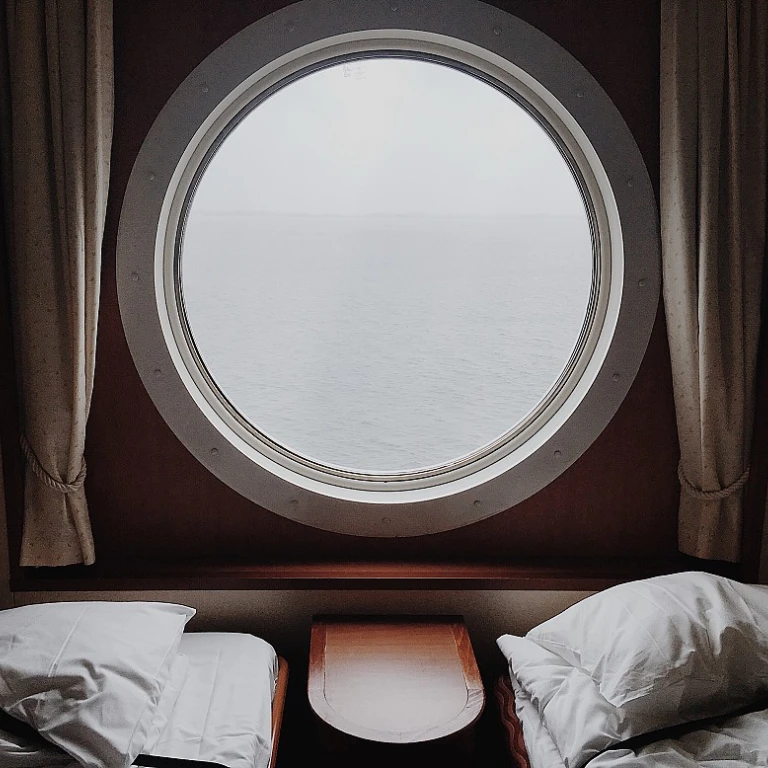


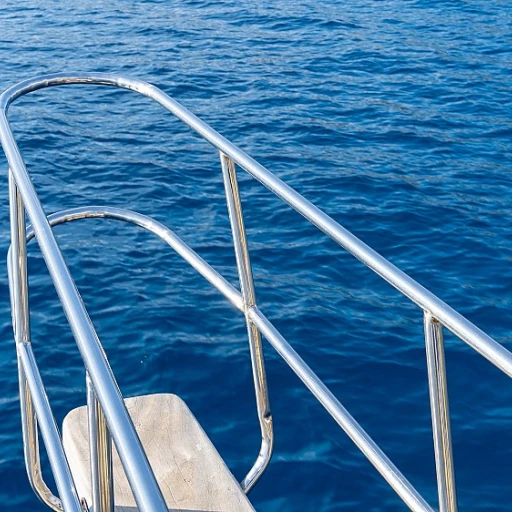
-large-teaser.webp)
